Some conductors conduct from the fingers — think of Gergiev’s convulsive gestures, flickering up and down the keyboard of an invisible piano in the air — while for others (check out footage of an elderly Richard Strauss) it all comes from the wrist: graceful, fluid and utterly detached. You could cut off Toscanini and poker-down-the-back-of-his-tail-coat Karajan (famously dismissed by fellow-conductor Fürtwangler as ‘just a time-beater’) at the waist and lose nothing from their precise gestures; but try the same trick with the irrepressible Dudamel or Kristjan Jarvi and the life-force of movements that start from the feet and shudder up through the entire body would be gone.
With Teodor Currentzis it’s all about the knees. Classical music’s latest maverick conductor comes with a bulging kit-bag of mythology (mostly self-created). You can take what you will from the Greek-born-Russian’s gnomic pronouncements in interviews and guru-like cult of personality, the after-dark guerrilla performances and the eccentric base in Perm, some 900 miles from Moscow on the edge of Siberia, but it’s hard to argue with the recordings.
Currentzis’s trilogy of Mozart’s Da Ponte operas, recorded with his period orchestra MusicAeterna, roars and snarls its way into your ears. It’s transgressive and urgent, often ugly, definitely uneven, but utterly, addictively dramatic. More recently, his account of Tchaikovsky’s Pathétique Symphony chills a familiar score down to sub-zero temperatures, before applying searing emotional heat — the impression left by the Currentzis branding-iron burnt indelibly into the music’s flesh.
Which brings us back to those knees. There’s a rhythmic imperative to all Currentzis does, a dance that sits just below even the stillest of musical surfaces. He takes music back to its primitive suggestion of movement and, like most primitive suggestions, it’s hard to gainsay. But collide that instinctive energy and impulsion with the symbol par excellence of civilised, conservative concert-going — an all-Beethoven Proms concert — and what exactly do you get?
The answer, simply and perhaps most radically, is Beethoven. Admittedly this Beethoven is sometimes not quite as you remember him — yes, predictably enough it’s often faster, but also simultaneously lighter and weightier, crunchy with textural interest, the orchestral map re-calibrated so unexpected details and instruments emerge in relief — but neither is he refashioned in Currentzis’s own image.
Take the Fifth Symphony, for instance. Has an audience ever emerged talking about the contrabassoon? And yet there it suddenly and unignorably was, smudging the blazing light of the finale with something earthier, more tangible, adding its grit to the too-smooth slide from C minor to major. Always unsettling, in Currentzis’s hands the transition into the final movement became actively disorienting, as though Beethoven’s symphony had momentarily stepped into a modernist hall of mirrors, while the solo oboe in the first went from melody to sorcerer’s incantation, stilling the fractious orchestra into silence.
As for the Second, it was always going to be the Scherzo with its musical blind alleys and hairpin bends, that came into its own under the ferocious scrutiny of MusicAeterna’s gaze. More unexpected was the opening — here a Mozart overture by any other name, all grace and undemonstrative ease. An encore of the final movement of Beethoven’s Seventh brought us back to the dance, an Allegro not just con brio but con everything in the box and more.
This wasn’t a performance without problems. Wayward tuning and ensemble are sometimes a by-product of so much extremity, of physical gestures from Currentzis that often describe or react rather than command. But these are interpretations that ask us to listen with our bodies rather than our minds, that rank instinct and sensation — a swaying hip, a tapping toe — above civilisation. Currentzis’s music-making may sometimes be vulgar, but it’s never camp — a welcome corrective in an age of too-clever-by-half.
We could have done with a bit more vulgarity in Longborough Festival Opera’s L’incoronazione di Poppea. The work’s final duet — a piece of frank musical eroticism that makes the opening of Rosenkavalier sound like a nursery rhyme — should leave you in little doubt of the carnal consummation to follow the final curtain. Here instead we had lovers whose overwhelming desire seemed to be for a sweet night’s sleep and some pastel-coloured dreams.
That’s what you get when you take the dance out of Monteverdi, when you lose the suggestive musical sway of this delicious, but also deliciously grubby, sex-and-politics opera. The Festival’s Young Artists did their best — an outstanding Poppea from Sofia Troncoso schemed and seduced with weaponised charm — but were wrong-footed again and again by poor orchestral playing and ineffectual musical direction.
Conducted from the keyboard by Jeremy Silver, the Instruments of Time and Truth should have been the engine of the show. Instead they limped from scene to scene, stumbling over entries and straggling in the wake of the young singers, shackling them in an unyielding musical chastity belt.
Got something to add? Join the discussion and comment below.
Get 10 issues for just $10
Subscribe to The Spectator Australia today for the next 10 magazine issues, plus full online access, for just $10.
You might disagree with half of it, but you’ll enjoy reading all of it. Try your first month for free, then just $2 a week for the remainder of your first year.

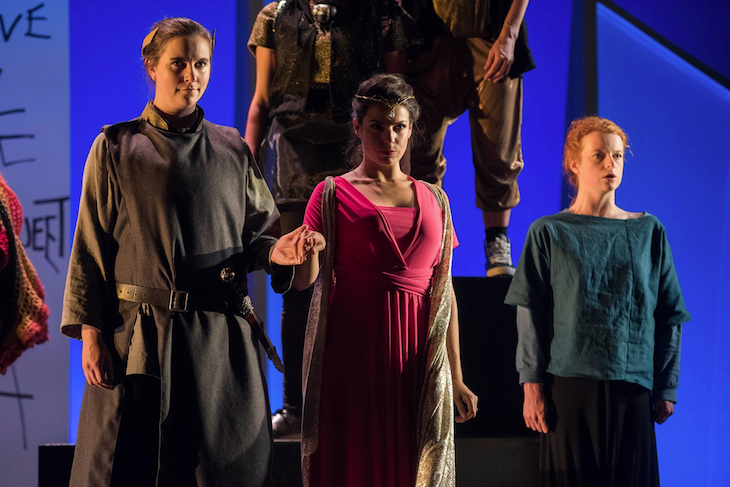
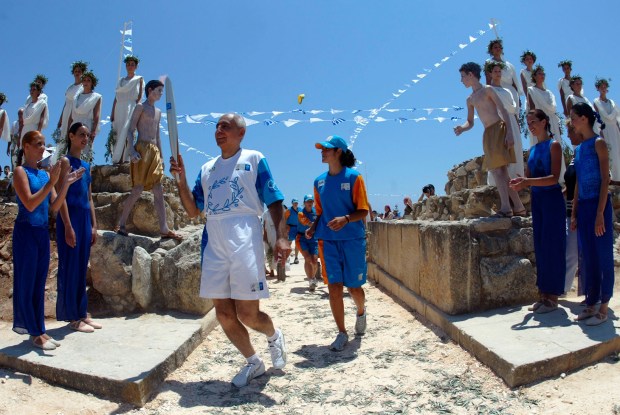
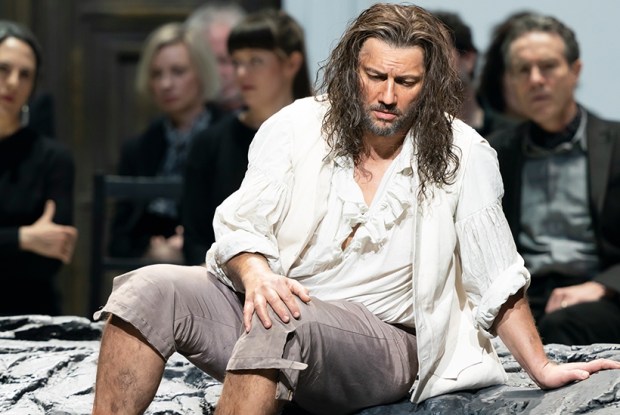
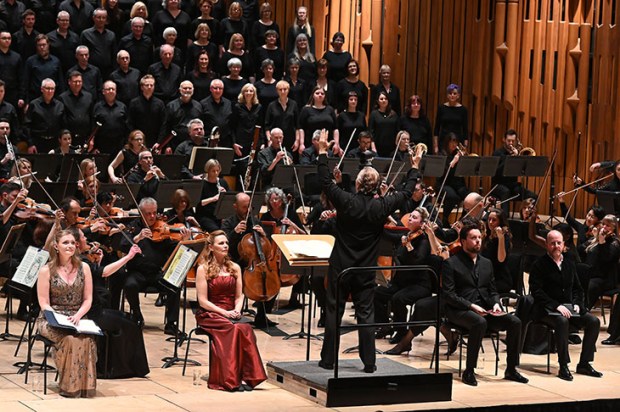
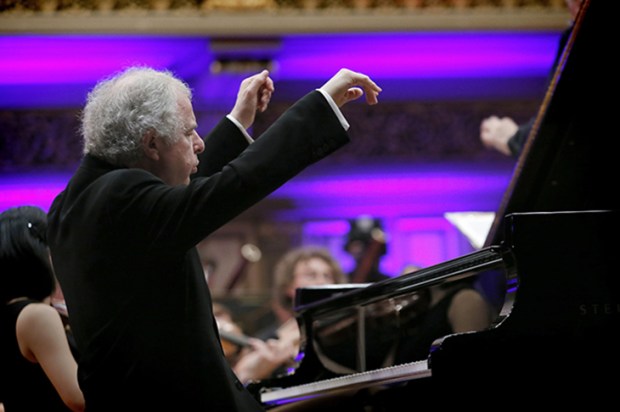

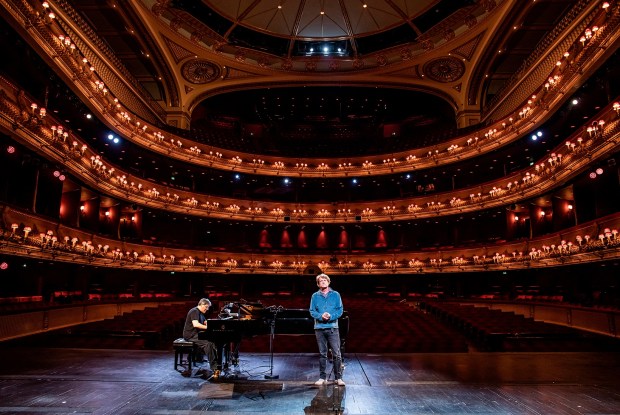






Comments
Don't miss out
Join the conversation with other Spectator Australia readers. Subscribe to leave a comment.
SUBSCRIBEAlready a subscriber? Log in